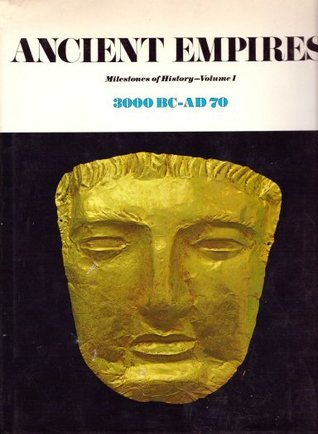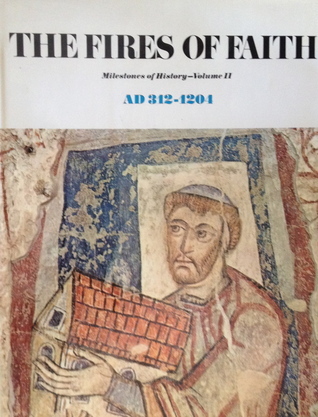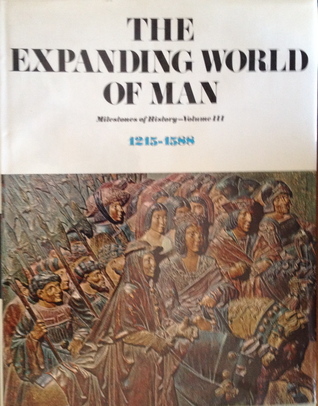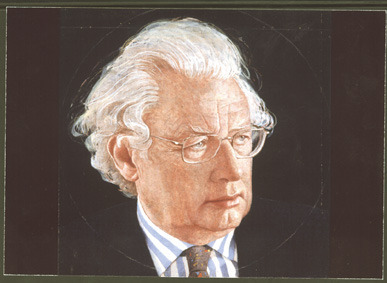


Books in series

Ancient Empires 3000 BC - AD 70
1970

The Fires of Faith
1970

The Expanding World of Man 1215-1588
1971

Twilight of princes
1971
Age of optimism
1970

Our Twentieth Century World 1903-1969
1970
Authors

Librarian’s note: There is more than one author in the Goodreads database with this name. Hugh Swynnerton Thomas, Baron Thomas of Swynnerton, was a British historian and Hispanist. Thomas was educated at Sherborne School in Dorset before taking a BA in 1953 at Queens' College, Cambridge. He also studied at the Sorbonne in Paris. His 1961 book The Spanish Civil War won the Somerset Maugham Award for 1962. A significantly revised and enlarged third edition was published in 1977. Cuba, or the Pursuit of Freedom (1971) is a book of over 1,500 pages tracing the history of Cuba from Spanish colonial rule until the Cuban Revolution. Thomas spent 10 years researching the contents of this book. Thomas was married to the former Vanessa Jebb, daughter of the first Acting United Nations Secretary-General Gladwyn Jebb. From 1966 to 1975 Thomas was Professor of History at the University of Reading. He was Director of the Centre for Policy Studies in London from 1979 to 1991, as an ally of Prime Minister Margaret Thatcher. He became a life peer as Baron Thomas of Swynnerton, of Notting Hill in Greater London in letters patent dated 16 June 1981. He has written pro-European political works, as well as histories. He is also the author of three novels. Thomas' The Slave Trade: The Story of the Atlantic Slave Trade, 1440-1870 "begins with the first Portuguese slaving expeditions, before Columbus' voyage to the New World, and ends with the last gasp of the slave trade, long since made illegal elsewhere, in Cuba and Brazil, twenty-five years after the American Emancipation Proclamation," according to the summary on the book jacket. Thomas should not be confused with two other historical writers: W. Hugh Thomas writes about Nazi Germany and Hugh M. Thomas is an American who writes on English history.
The historian Friedrich Heer was born in Vienna in 1916. He received a PhD at the University in Vienna in 1938. Even as a student he came into conflict with pan-German thinking historians as a staunch opponent of National Socialism. Friedrich Heer was arrested for the first time on 11 March 1938 by the Austrian Nazis. He founded a small Catholic resistance group and sought to amalgamate into one organized band the Christians, Communists and Trades Unionists against the Nazis, and as a soldier later came into contact with the resistance group "Soldatenrat". From 1946 to 1961 Friedrich Heer was the editor of the weekly magazine Die Furche [The Furrow] and in 1961 he was appointed chief literacy to the Vienna Burgtheater. He taught at the University of Vienna. The majority of his books have been translated into several languages. In 1967 Friedrich Heer became the first winner of the Martin Buber-Franz Rosenzweig Medal, awarded by a group of fourty-four German societies for Christian and Jewish understanding, for his achievement with God's First Love. Friedrich Heer died in Vienna in 1983.
Author also writes under Alan Palmer Alan Palmer was Head of the History Department at Highgate School from 1953 to 1969, when he gave up his post to concentrate on historical writing and research.